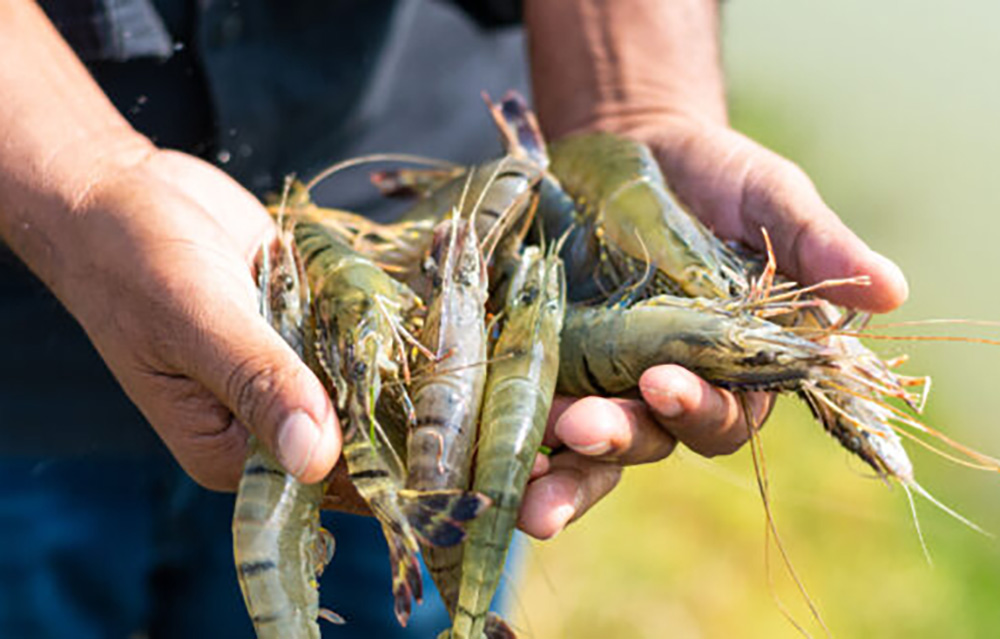SeafoodSource is closely following the sustainable seafood movement by compiling a regular round-up of sector updates about sustainability initiatives and certifications.
- Thai Union has received single-site ASC certification for its Samut Sakhon, Thailand-based Mahachai Plant. The plant, which produces feed for seabass, seabream, meagre, tilapia, and shrimp is the first in Asia to receive ASC Feed Standard certification.
“We are delighted that Thai Union has joined our Feed Program. Their certification – the first feed mill certified in Asia – is another landmark moment of progress for ASC’s Feed Standard, as it represents the growing global spread of more environmentally and socially responsible feed production,” ASC CEO Chris Ninnes said in a release. “It is also the first certified mill that produces feed for shrimp. With Asia being a particular global hotspot for shrimp farming, ensuring ASC-compliant feed is accessible in the region is a significant step forward in promoting and enabling more responsible shrimp-farming practices.”
ASC also announced that the leading certification body organization SCS Global has become its first official auditor.
“Ensuring the feed used in seafood farming is sourced responsibly is essential to moving aquaculture toward more sustainable practices,” ASC Senior Coordinator of Feed Standard Alexandra Warrington said in a release. “ASC’s Feed Standard requires that feed mills meet strict environmental and social requirements; source ingredients from socially responsible suppliers; and use environmentally responsible raw materials. ASC-certified farms now have until October 2025 to change their supply of feed to come from mills that have been certified against the Feed Standard. Feed mills that get certified in 2024 will not have to pay license fees on the volume of compliant feed they produce this calendar year.”
Elsewhere, ASC announced a collaboration with Conservation International (CI) Ventures and Hatch Blue at an event that took place in January in La Paz, Mexico. The event united a group of women to showcase creative ideas for advancing blue food communities and enhancing local food systems.
“Engaging with driven, capable women who are transforming aquaculture and other ocean food industries was insightful and inspirational,” Head of Supply Chain Assurance at ASC Wendy Banta said in a release. ”ASC can help empower them to include environmental and social responsibility in their business models for sustainable growth and development by providing the knowledge, support, and network to achieve responsible aquaculture.”
The event featured 13 female-led companies where participants presented and developed business ideas during an intense two-week mentorship and networking program.
- The Global Seafood Alliance (GSA) announced its Best Aquaculture Practices (BAP) Salmon Farm Standard Issue 3.0 was released for a 60-day public comment period, ending 5 May.
Issue 3.0 has been updated from its previous 2.4 issue to expand the comprehensiveness of the audit, according to GSA. Changes were made to address social responsibility, wildlife, predator interactions, animal health and welfare, biosecurity, and disease management.
The new issue contains "updated procedures for safe diving; responses to diver emergencies; requirements for diver training and certification; adoption of forage fish dependency ratio (FFDR) as a metric; stronger requirements for protection of predator species and endangered, threatened, and protected species; more emphasis on the use and documentation of operational welfare indicators; updated requirements for humane harvest/slaughter; and more requirements for biosecurity and fish welfare during transport or crowding,” the GSA said.
- London, England-based blue economy investment and advising organization Ocean 14 Capital received Certified B Corporation (B Corp) certification. By achieving this certification, the organization is joining an increasing group of companies ensuring its commitment to sustainability and regenerative ocean investments.
“We are delighted to be joining the B Corp community, as the first impact investment adviser focused solely on the blue economy,” Ocean 14 Capital Founding Partner George Duffield said. “It is a great accreditation for doing the right thing as we strive to measure and be measured by the positive impact we will have. For the team at Ocean 14 Capital, sourcing investments in the blue economy is about more than making a profit from the ocean. It is about building a sustainable and regenerative ecosystem that supports livelihoods and ocean biodiversity and enhances the ocean’s role in mitigating climate change.”








